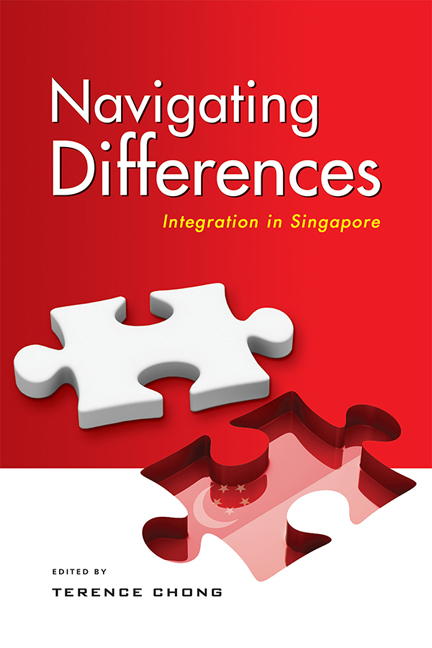9 - The People’s Action Party in Government: The Pole for “Big Tent” Singapore
Published online by Cambridge University Press: 24 November 2020
Summary
INTRODUCTION
As political society in Singapore matures, it has also become more diverse, presenting a significant challenge to the ruling People's Action Party (PAP) government's ongoing post-colonial nation-building project. The fact that Singapore is both a nation-state and a global city, a fundamental contradiction that has become more profound since the neoliberal developments of the 1990s, makes it imperative to go beyond the more conservative goal of national integration when it comes to ensuring Singapore's continued survival. What the PAP government should aim for, far beyond straightforward integration, is national resilience.
I will argue here that, as its context changes, the PAP itself needs to become more resilient as a party that, for about sixty years, has been at the centre of Singapore's political, governmental, and even—some might argue—social and cultural life. This will, among other things, mean that the PAP should embrace diversity more profoundly and become a “big tent” party, not only to better represent and be relevant and responsive to the evolving needs and interests of a more diverse society, but also to draw from a wider, deeper, and richer pool of talent and ideas in its endeavour to maintain high standards of governance and effective policymaking. Otherwise, the PAP runs the risk of becoming shackled to formulas that have delivered success in the past but could lead to failure in the future, if they do not adapt to changing circumstances.
This is not to say that a transformed and more resilient PAP in government will need to jettison a fundamental goal of keeping Singaporeans safe so that all who have a stake in the country can contribute to its material prosperity and be equally capable of enjoying the fruit of their labour. However, a resilient PAP government will need seriously to consider shedding its paternalist legacy of making life in Singapore so “safe” that it stifles creativity and variety, cultivates conformity and risk-aversion, encourages intolerance of change and difference, and entrenches an inactive culture of complaint. These qualities, when embedded in the system, can lead to its downfall. This is partly because such qualities work against resilience and partly because they do not adequately reflect the changing profile of a more diverse and cosmopolitan society.
- Type
- Chapter
- Information
- Navigating DifferencesIntegration in Singapore, pp. 148 - 164Publisher: ISEAS–Yusof Ishak InstitutePrint publication year: 2020

